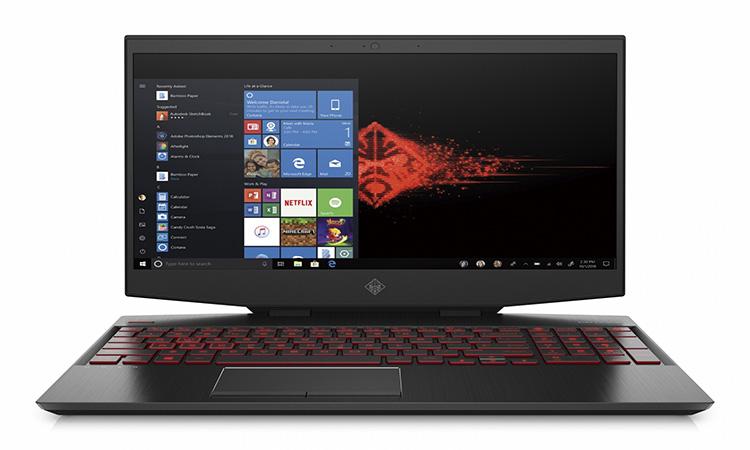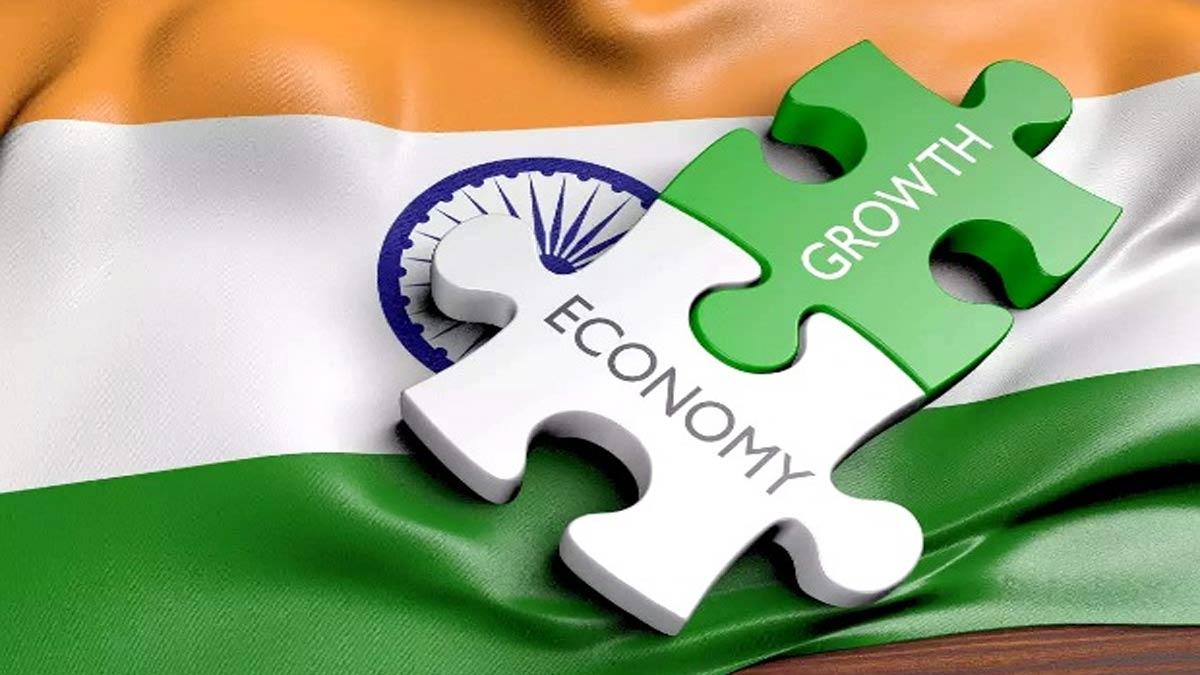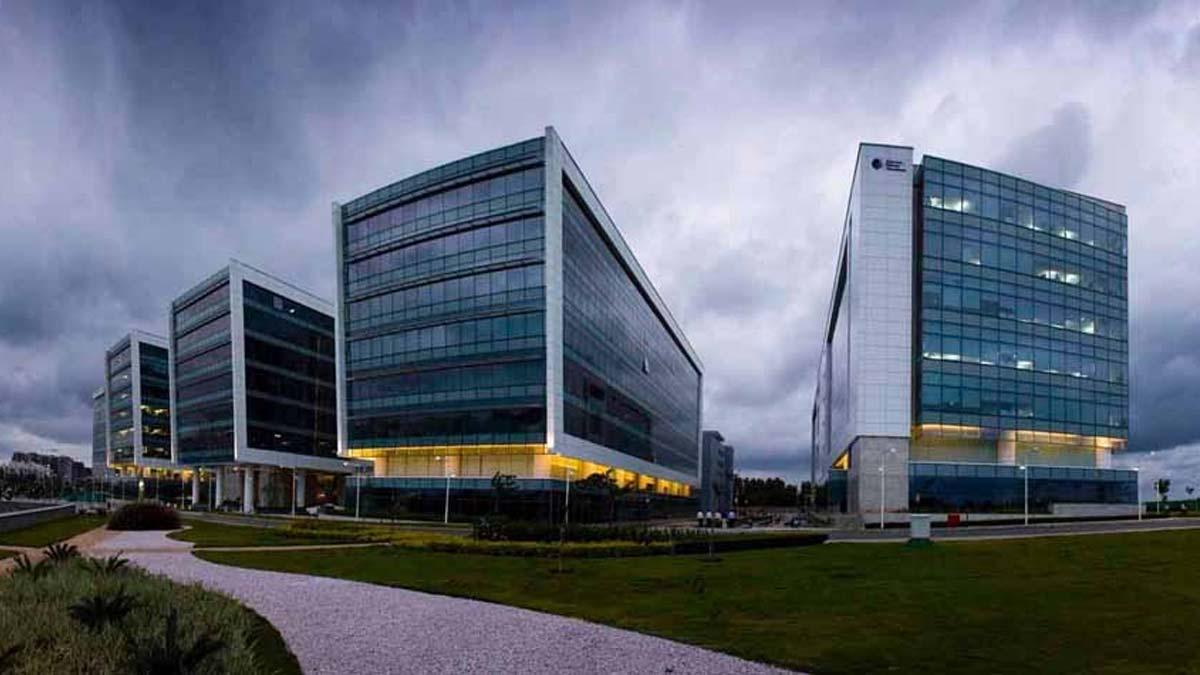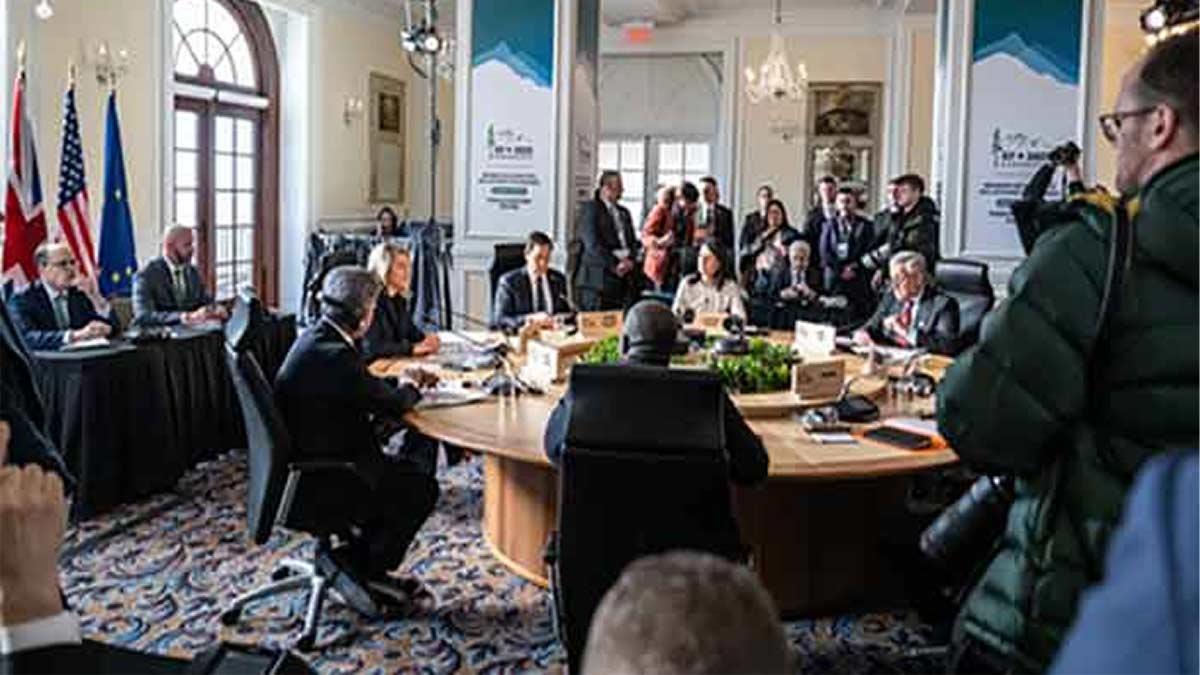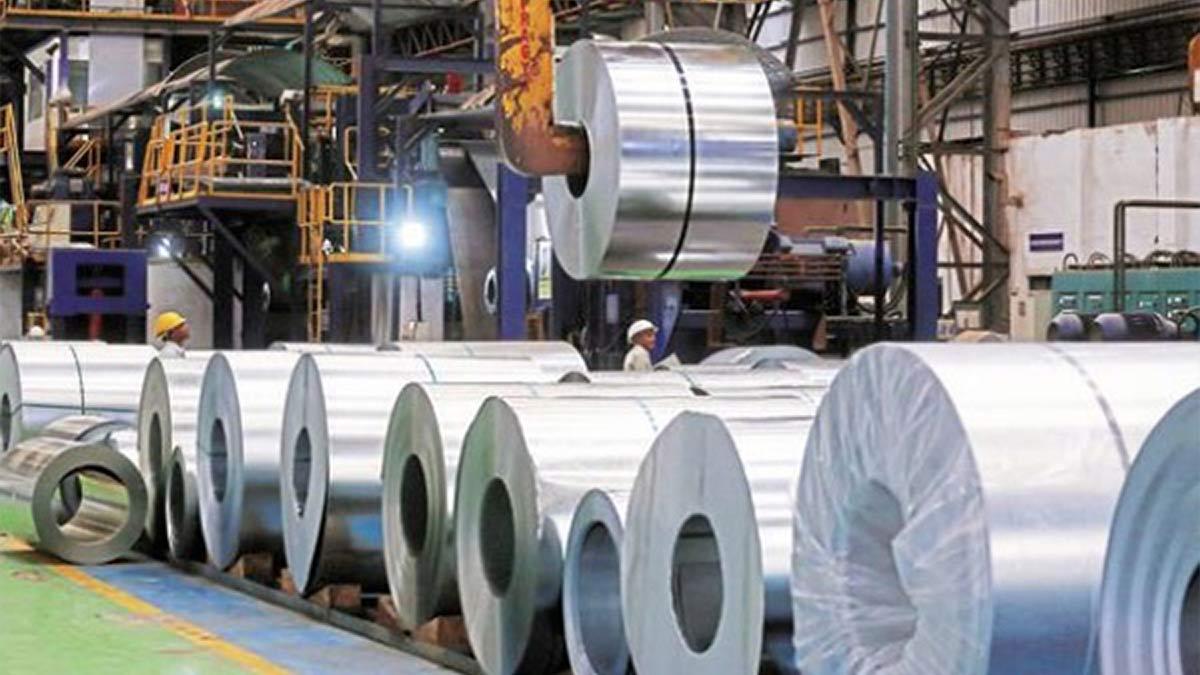The India Cellular and Electronics Association (ICEA) has written a letter to the IT Ministry, requesting the government to rethink its decision on import licensing requirement accompanied by a quota, which was extended by 3 months until October 31, fearing that this may lead to price rise in consumer electronics products as companies are not yet prepared for manufacturing PCs, laptops and servers domestically at scale.
In the letter sent to Alkesh Kumar Sharma, Secretary, MeitY, on August 22 and seen by IANS, Pankaj Mohindroo who is the Chairman of ICEA wrote that an overarching factor that should be taken into consideration in "avoiding supply chain disruption till domestic production ramps up" is that any “reduction in supplies or even an indication will lead to hoarding and market distortion”.
This, in turn, can push up consumer prices, “which will adversely impact not just key stakeholders such as students, but also those who are the core of growing the digital economy, i.e. start-ups, IT and ITES firms, BPOs," he said.
“It is critical that we ensure an uninterrupted supply for at least a year, till such time we can build up domestic capacity,” Mohindroo noted.
The ICEA pitched that the industry seeks at least nine-month breather after the PLI for IT Hardware was launched.
“The government may undertake a re-assessment of the investment pipeline and the supply situation before inviting the industry to discuss whether any further policy intervention is needed at that stage. It may be too early to assess the full implication of the new scheme before then,” according to the ICEA letter.
Where servers are concerned, the ICEA has received inputs that companies in that sector seek a relook at their inclusion in the proposed intervention.
“Overall, we will request the government to layer any intervention in a manner that works well for the industry as a whole, since individual companies are differently placed, at varying degrees of investments and products at this stage,” the letter read.
The Central government earlier deferred its decision to restrict the import of certain categories of laptops and computers until November 1, allowing companies three-months time to import these devices.
Post November 1, no entity will be allowed to import laptops, computers, and related items without a license.
According to the ICEA, a “one size fits all approach” will need reconsideration by the government.
Earlier this month, top consumer electronics companies like HP, Apple and Dell urged the government to extend the November 1 deadline for the licences required for PCs, laptops and tablets by at least and year, as it will take time to configure and set up manufacturing/assembling units as per new guidelines.
The PLI 2.0 for IT hardware has garnered applications from 40 companies including global and domestic, according to the ICEA.
Union IT Minister Ashwini Vaishnaw said on Wednesday that 32 companies like HP, Dell, Lenovo, Foxconn, Acer, and Thomson, among others, have applied under the PLI 2.0 scheme for IT hardware.
The expected incremental production under the scheme is around Rs 3.35 lakh crore, according to the minister.
Several domestic companies such as Dixon Technologies, VVDN, and Netweb are among the applicants under the 2.0 scheme for IT hardware.
Read also| Weak El Nino conditions are currently prevailing over the equatorial Pacific region: IMD
Read also| X seeks permission to collect your biometric data, employment history

